Classes
Karate Classes
Best practices karate classes for you
Karate is a traditional martial art that originated in Okinawa, Japan, and has evolved into a widely practiced form of self-defense, sport, and physical fitness.
The word “karate” itself is a combination of two Japanese characters: “kara” meaning “empty,” and “te” meaning “hand.” Therefore, karate can be translated as “empty hand,” emphasizing its focus on unarmed techniques.
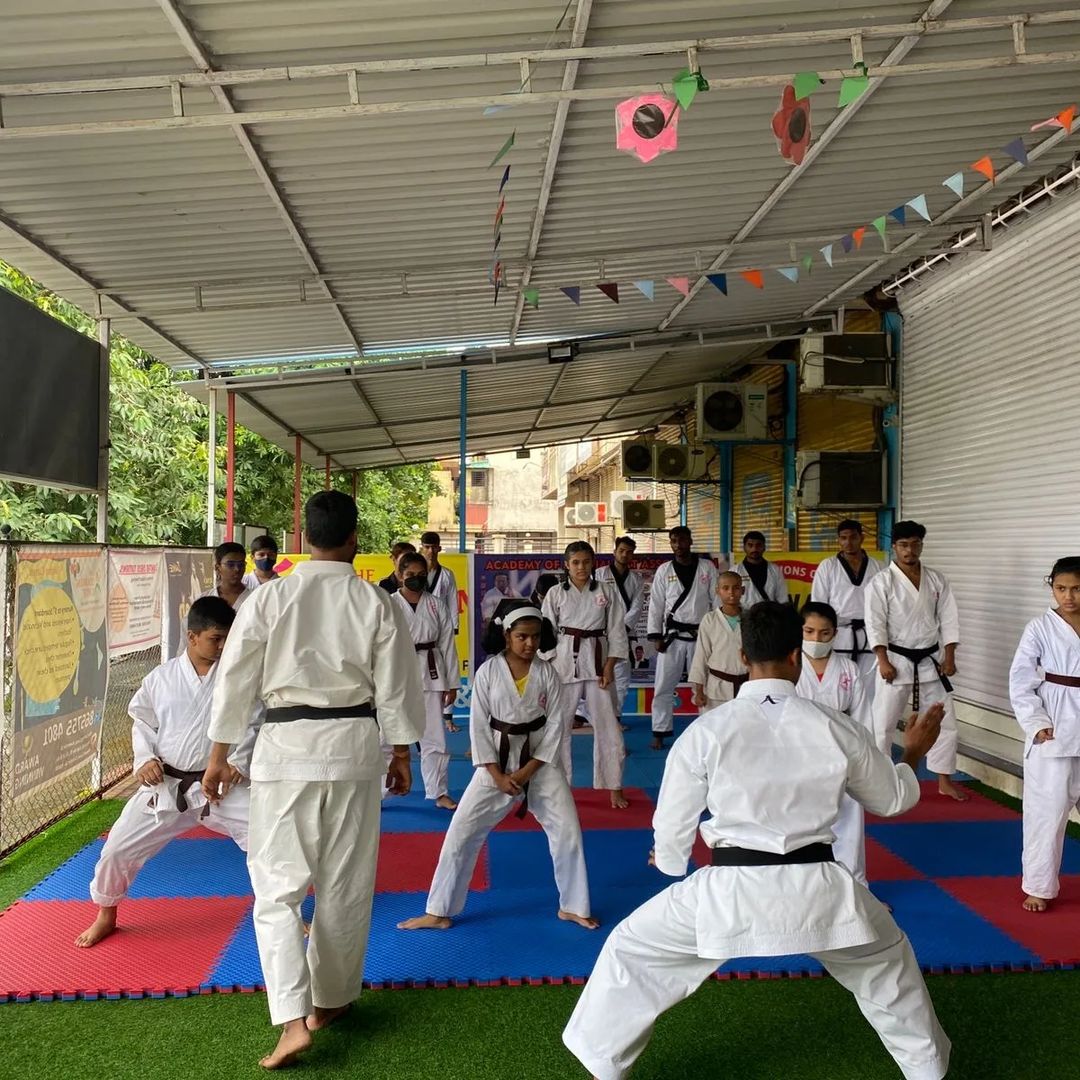
Self Defense
Empower Yourself with Our Self-Defense Karate Class at [New Bombay Karate Club]
Are you looking to enhance your personal safety, boost your confidence, and acquire practical self-defense skills? Welcome to [Your Karate School Name], where our specialized Self-Defense Karate Class is designed to empower individuals of all ages and fitness levels.
- Real-World Techniques
- Adaptability
- Confidence Building
- Situational Awareness
- Practical Application
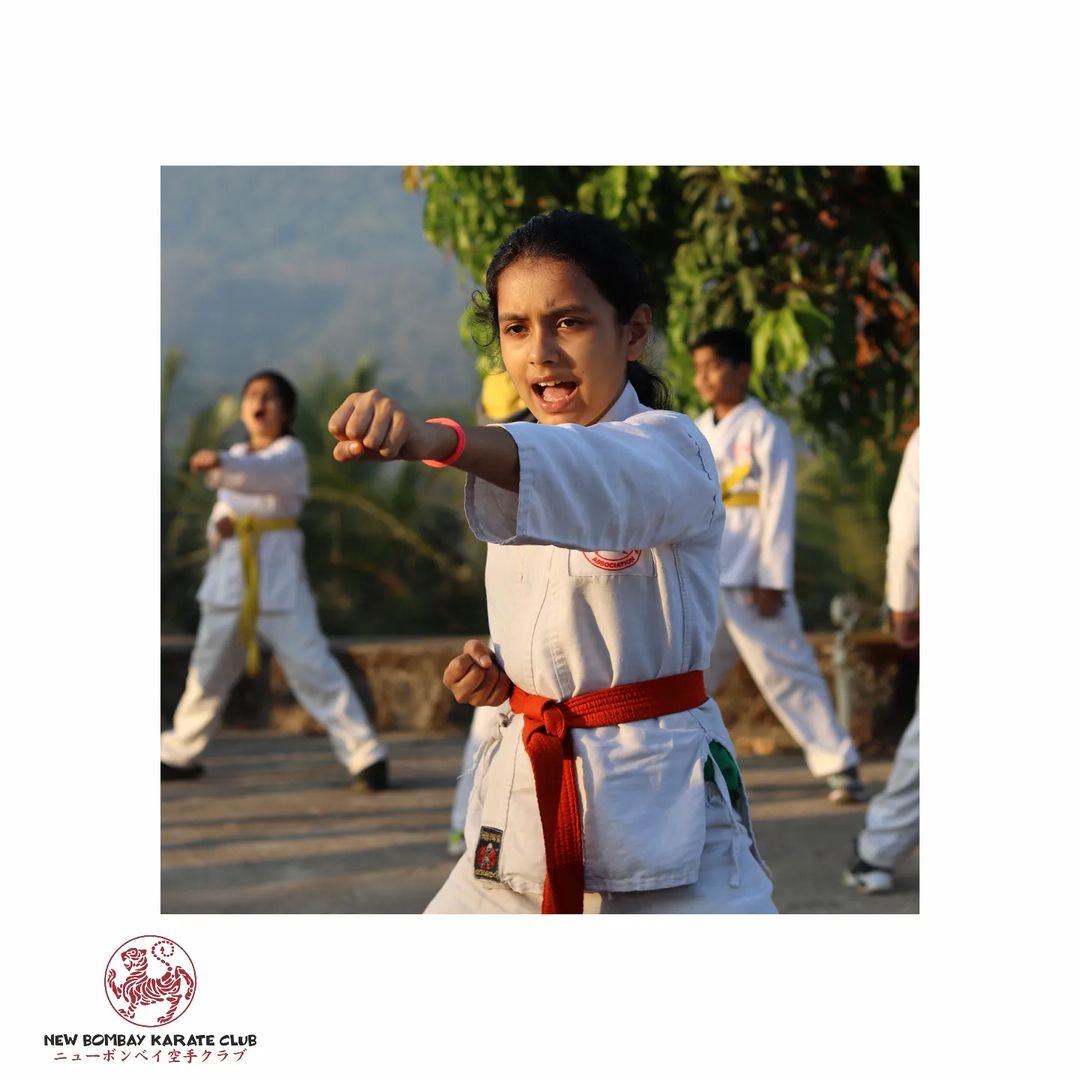
Kumite (Fight)
Experience the Art and Discipline of Kumite at [New Bombay Karate Club]
Step into the world of dynamic combat and disciplined martial arts with our Kumite (Fight) Karate classes at [Your Karate School Name]. Whether you’re a seasoned practitioner or a beginner looking to explore the exhilarating realm of sparring, our Kumite classes offer a structured and supportive environment for growth.
- Safety First
- Skill Progression
- Realistic Scenarios
- Mental Toughness
- Physical Conditioning
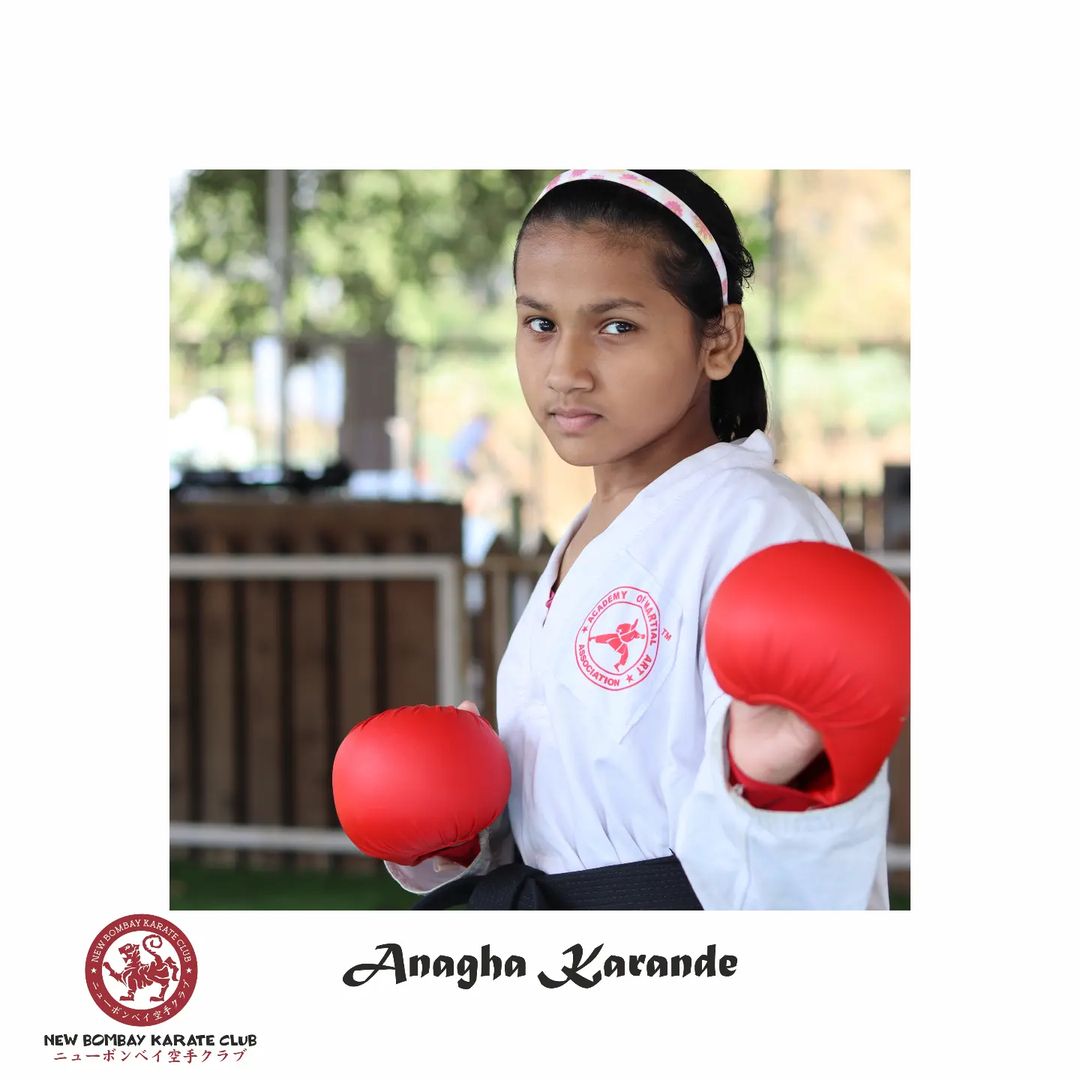
Kick-Boxing
Kick-Boxing Karate: Unleash Power, Precision, and Fitness at [New Bombay Karate Club]
Discover a fusion of strength, agility, and cardiovascular conditioning with our Kick-Boxing Karate classes at [Your Karate School Name]. Blending the striking elements of traditional karate with the dynamic kicks and punches of kickboxing, this class offers an exhilarating and comprehensive martial arts experience.
- Hybrid Discipline
- Striking Techniques
- Cardiovascular Conditioning
- Practical Self-Defense
- Adaptable for All Levels
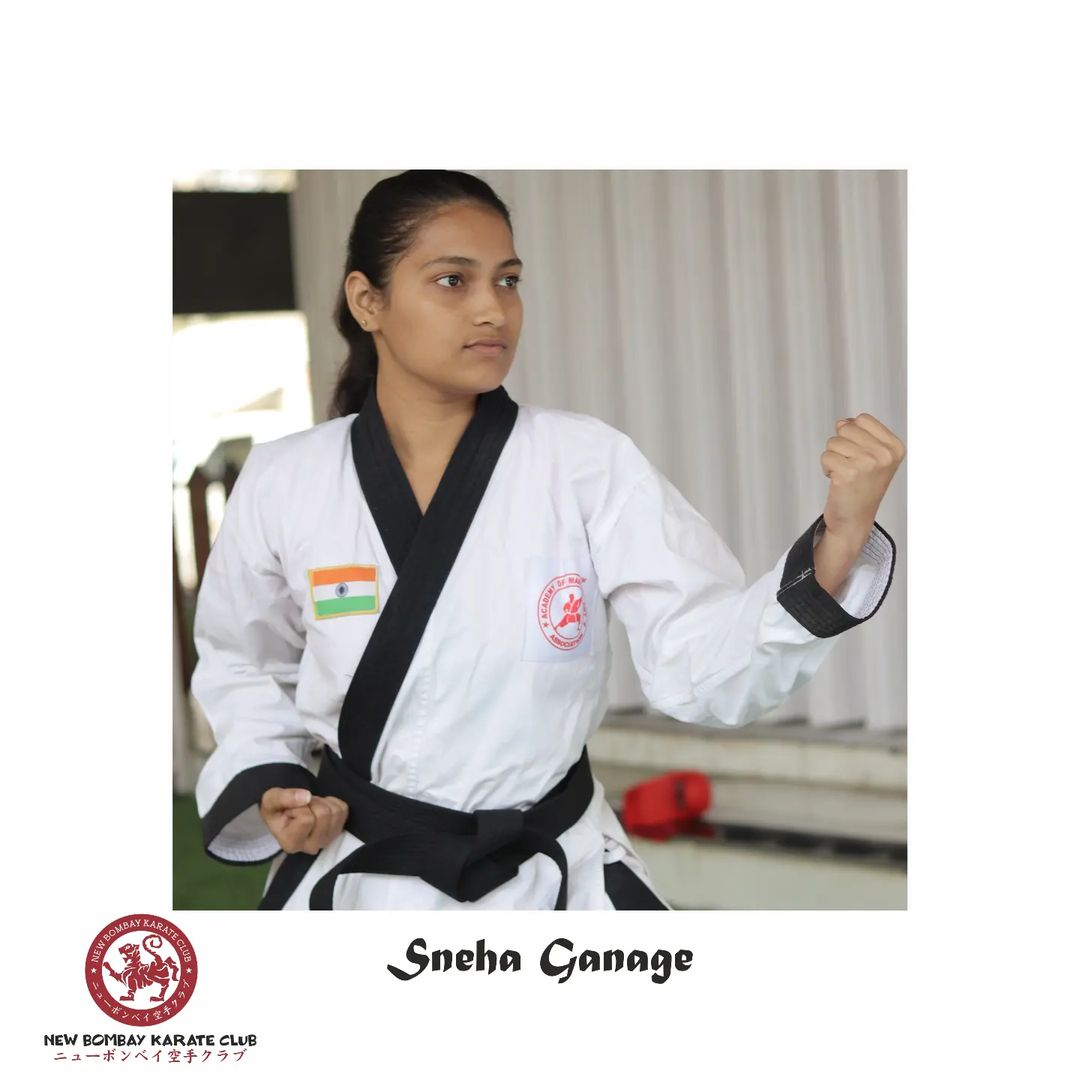
Discipline
Discipline Karate: Cultivate Strength, Focus, and Character at [New Bombay Karate Club]
Welcome to Discipline Karate, where the essence of martial arts transcends physical technique to instill virtues of character, mental fortitude, and unwavering self-discipline. At [Your Karate School Name], our Discipline Karate classes offer a unique approach that goes beyond the external movements, fostering personal growth and a holistic understanding of the martial arts spirit.
- Character Development
- Mindful Training
- Goal Setting
- Respect for Tradition
- Positive Environment
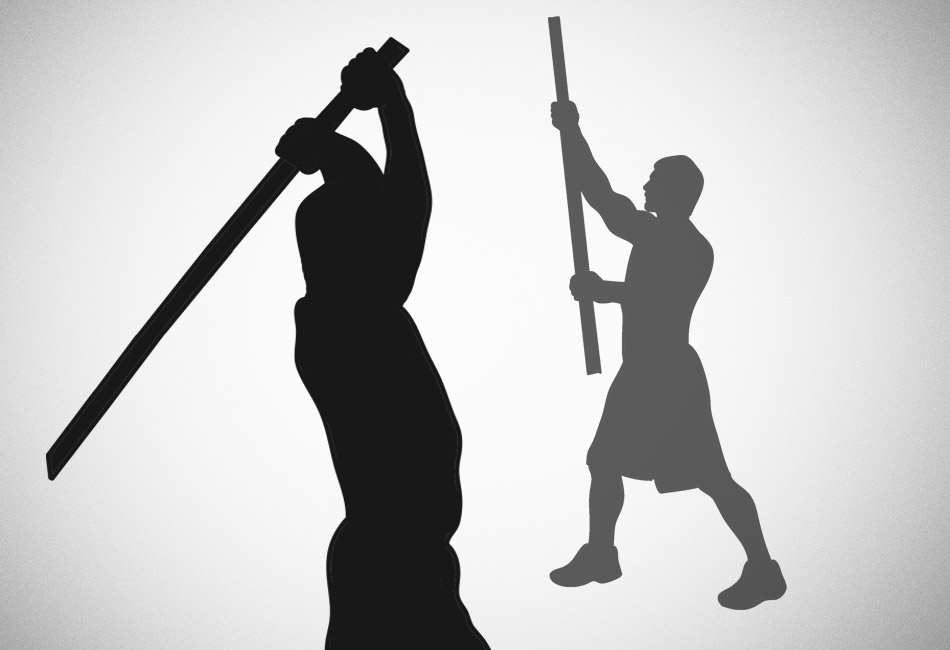
Weapon Training
Weapon Training Karate: Elevate Your Martial Arts Mastery at [New Bombay Karate Club]
Embark on a journey of precision, discipline, and artistry with our Weapon Training Karate classes at [Your Karate School Name]. Rooted in traditional martial arts principles, this class introduces practitioners to the sophisticated techniques of weapons, enhancing their overall understanding and proficiency in martial arts.
- Traditional Weaponry
- Form and Kata
- Practical Applications
- Discipline and Focus
- Adaptability
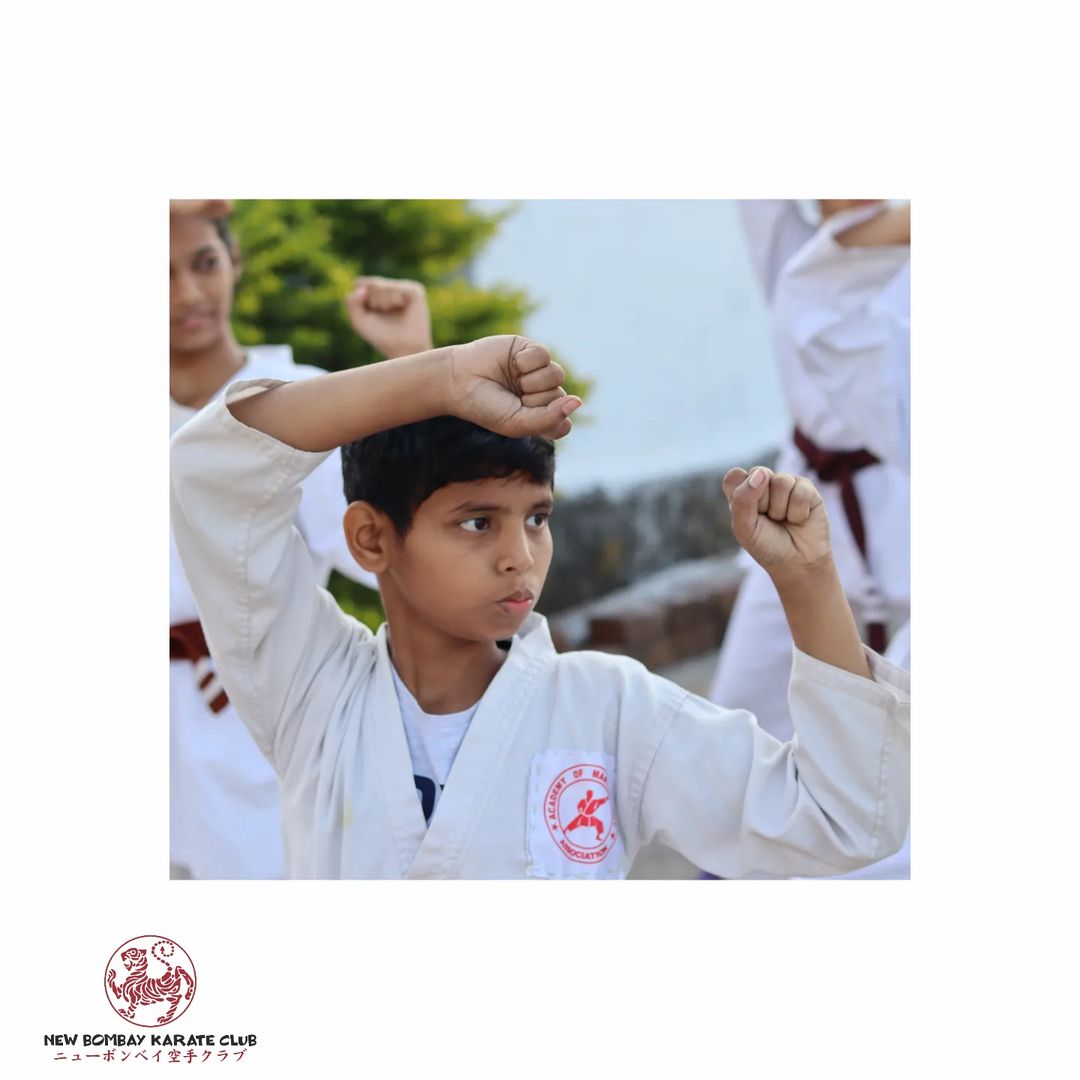
Takedown
Takedown Karate: Master the Art of Grappling and Control at [New Bombay Karate Club]
Dive into the exciting realm of Takedown Karate, where the focus shifts to the intricate techniques of throws, sweeps, and ground control. At [Your Karate School Name], our Takedown Karate classes provide a unique and comprehensive approach to martial arts, combining the precision of traditional karate with effective takedown strategies.
- Grappling Proficiency
- Self-Defense Applications
- Transition from Stand-up to Ground
- Ground Control and Escapes
- Adaptable for All Levels
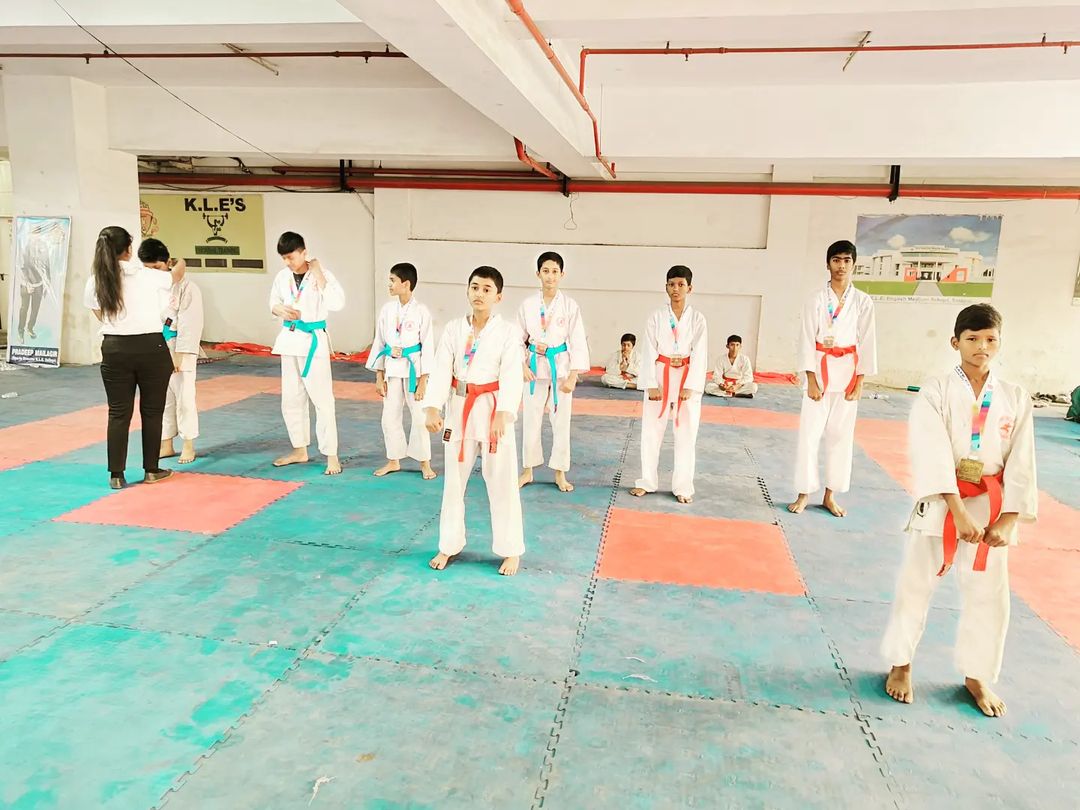
Flexibility
Flexibility Karate: Enhance Your Range of Motion and Martial Artistry at [New Bombay Karate Club]
Embark on a journey of increased agility, improved performance, and enhanced martial artistry with our Flexibility Karate classes at [Your Karate School Name]. Tailored for practitioners of all levels, this class focuses on developing flexibility, balance, and suppleness, complementing traditional karate techniques.
- Dynamic Stretching Routines
- Balanced Approach
- Injury Prevention
- Improved Kicking Techniques
- Mind-Body Connection

Locks Techniques
In the context of Karate, certain styles or schools may incorporate joint locks as supplementary techniques, but it’s not a defining characteristic of traditional Karate.
If you’re specifically looking for a martial art that heavily emphasizes locks and joint manipulation, you might want to explore styles such as Judo, Aikido, Brazilian Jiu-Jitsu, or traditional Jujutsu. These arts typically include techniques designed to control or manipulate an opponent’s joints, often involving wrist locks, arm locks, and other joint lock techniques.
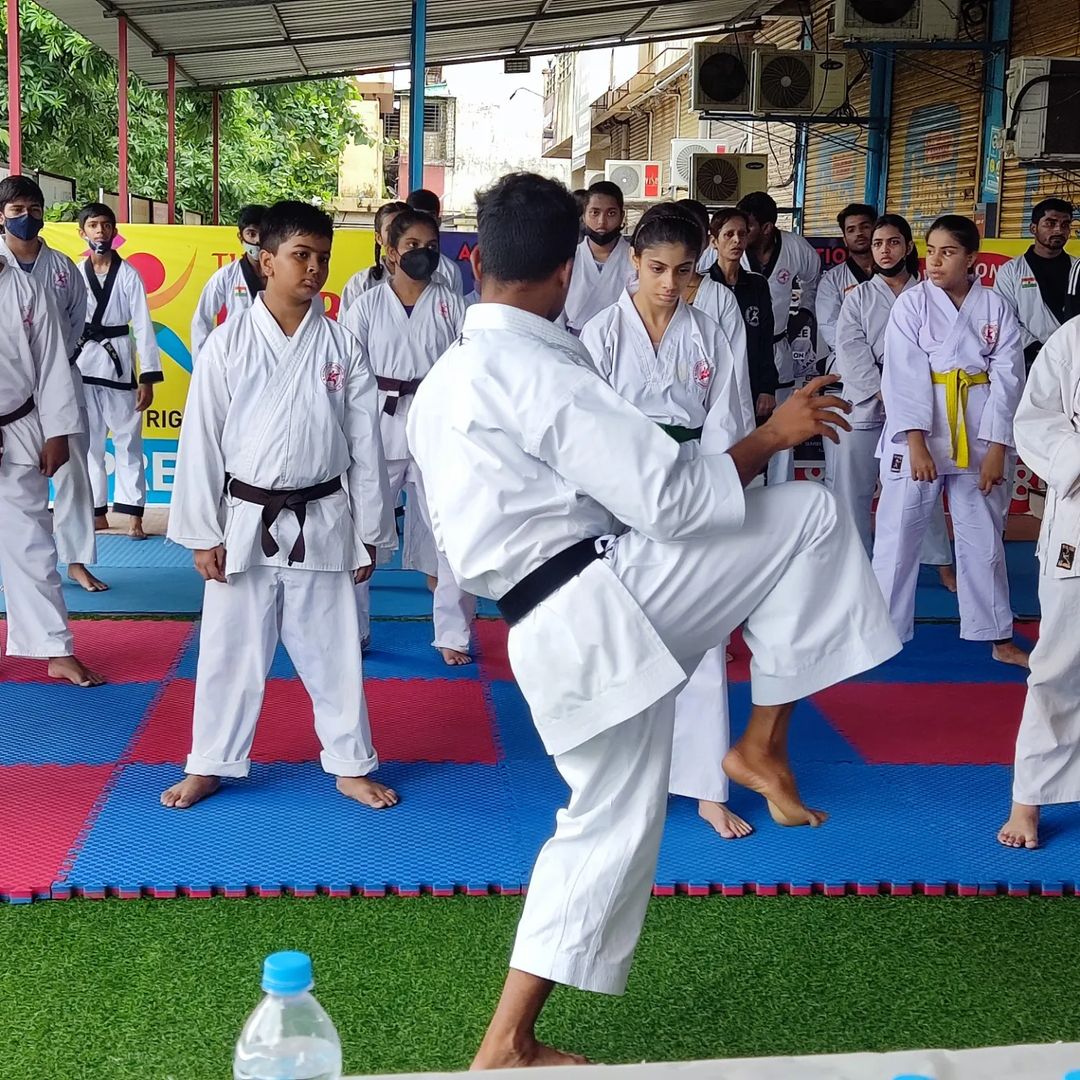
Street Fighting
“Street techniques” generally refer to self-defense techniques and strategies that are designed for real-world, practical application in situations that may occur on the street.
It’s important to note that various martial arts and self-defense systems may incorporate street techniques into their training. Krav Maga, for example, is a martial art developed by the Israeli military that places a strong emphasis on practical self-defense for real-world situations. However, even within traditional martial arts like Karate or Taekwondo, instructors may integrate aspects of self-defense training that can be applicable on the street.
- Simplicity
- Adaptability
- Realism
- Awareness
- Legal Considerations

Professional Karate Fights & Kata
It’s important to note that while Kumite and Kata are two distinct aspects of Karate, a well-rounded Karate practitioner typically engages in both. Kumite hones practical fighting skills and adaptability, while Kata refines technique, form, and understanding of martial principles.
If you’re interested in watching professional Karate fights or Kata performances, you can look for tournaments, competitions, or exhibitions organized by reputable Karate associations or schools. These events often showcase the skills and dedication of high-level Karate practitioners. Additionally, major international tournaments, such as those held under the World Karate Federation, feature top-level Karate competitions.
- Kumite (Sparring/Fighting):
Professional Karate Fights: Competitive sparring, or kumite, is the aspect of Karate where practitioners engage in controlled, rule-bound fights against each other. There are different levels of competition, ranging from local tournaments to international championships. Competitors are awarded points for clean and effective strikes, and matches are often governed by specific rules and regulations to ensure fair play and safety.
Professional Organizations: Various organizations oversee professional Karate competitions globally. For example, the World Karate Federation (WKF) is the international governing body for Karate competitions in the Olympic Games.
- Kata (Form or Patterns):
Professional Kata Performances: Kata is a set sequence of movements that simulates a fight against multiple opponents. It is a traditional and stylized aspect of Karate training. While there aren’t professional competitions specifically for Kata like in kumite, there are performances and demonstrations done by advanced practitioners, often in the context of exhibitions, showcases, or cultural events.
Evaluation: In traditional Karate dojos, practitioners may be evaluated on their Kata performances during belt promotions or other events. There are standardized Kata in various Karate styles, and practitioners strive to perform them with precision, power, and proper technique.
